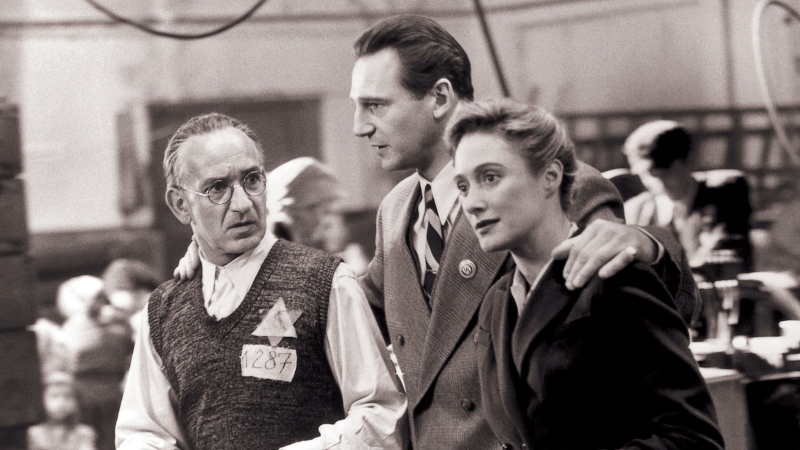Director – Steven Spielberg – 1993 – US – Cert. 15 – 195m
*****
World War Two allows failed Czech industrialist Schindler to come into his own as he saves Jews from Aushwitz by employing them as slave labour in his factories– out in UK cinemas on Friday, February 18th 1994
Unsuccessful Czech businessman Oskar Schindler (Liam Neeson) comes into his own during the war years as a supplier of pots and pans to the German Army. Although a badge-wearing Party member, he is neither well- nor ill-disposed towards Jews, simply an honest businessman seizing the opportunities presented by their persecution under Nazi rule. As the Jews are ghettoised in Krakow, he realises that here are investors with capital to burn for whom it is illegal to invest in business under their own names – in other words, surefire financiers; here are workers required to work all hours of the day for virtually nothing, keeping down a businessman’s cost.
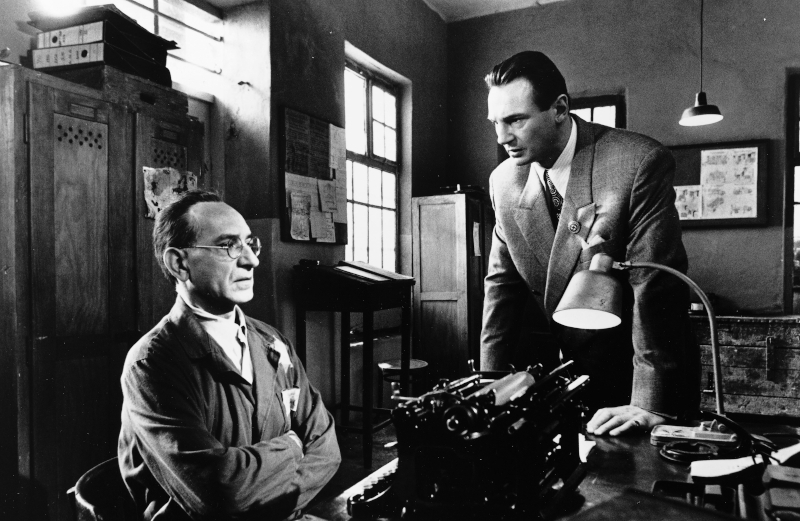
He hires brilliant, ghettoised, Jewish accountant Itzhak Stern (Ben Kingsley) to run his enterprise. Under the command of ruthless commandant Amon Goeth (an astonishing turn from an unknown Ralph Fiennes which catapaulted the actor to overnight stardom) the ghettos are cleared, and the Jews moved into Plasnow concentration camp, but Schindler continues undeterred until the transportation of inmates to the Auschwitz death camp, against which he compiles Schindler’s List of 1 100 Jews necessary to run his factory, saving them from extermination.
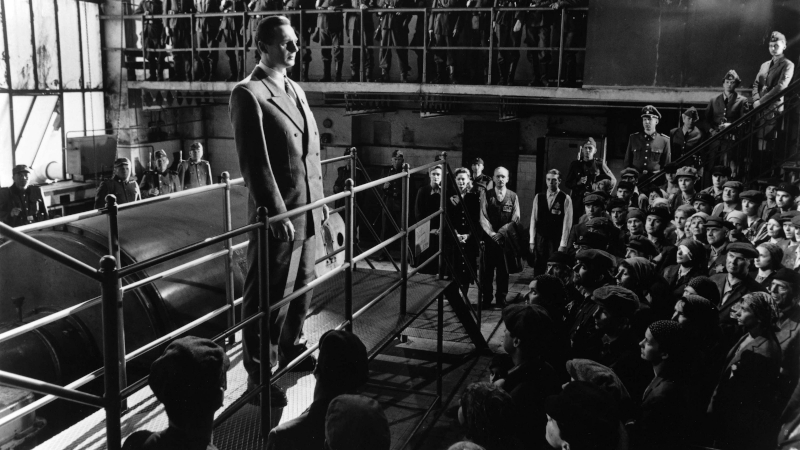
There is so much to admire here, it’s difficult to know where to begin. Spielberg coaxes strong performances from his cast, scoring a casting coup with Fiennes who as the commandant steals the proceedings shooting arbitrarily at inmates from his balcony, bonding with the more humane Schindler, and conducting a monologue to the face of terrified Jewish housekeeper Helen Hirsch (Embeth Davidtz).
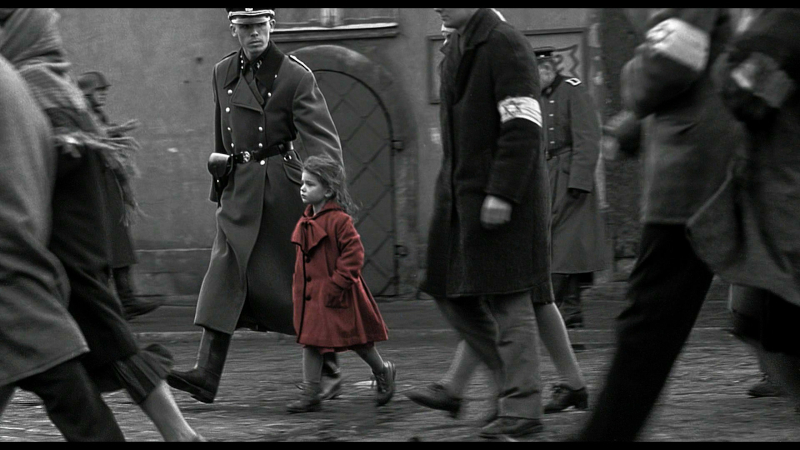
Impressive observational touches include the road into the camp built of Jewish gravestones and the little girl whose coat, optically painted red within cinematographer Janusz Kaminski’s otherwise black and white cinematography, turns up several reels later lying on a pile of corpses. When Nazi soldiers round Plasnow inmates up, an infant is refused a hiding place in camp latrines by others who’ve got there ahead of him.
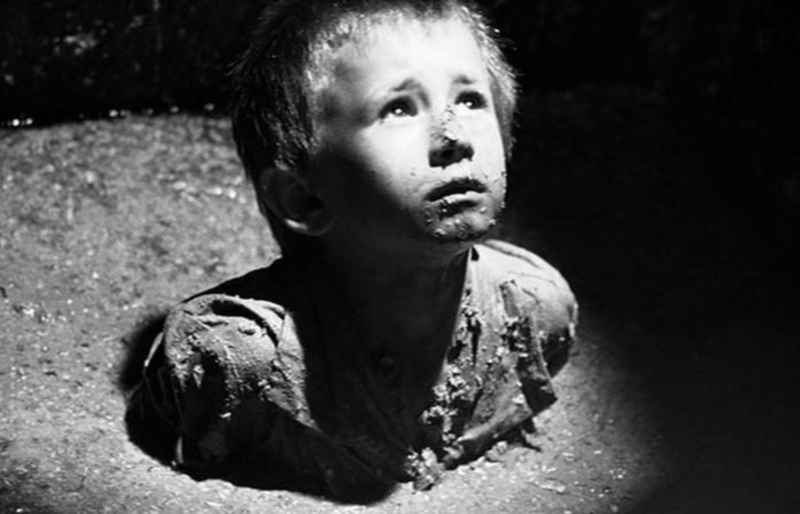
The bigger set pieces are impressive too – the enforced move from ghetto to camp, the herding of camp inmates into trains – much of it brilliantly handled and near unendurable to watch (as, indeed, it needs to be). The three hours plus running length allows Spielberg the room to develop complex characters in a way that the two and a half plus of his earlier Japanese prison camp adaptation of JG Ballard’s Empire Of The Sun (1987) did not, suggesting a considerable maturing in his marshalling of cinematic technique to convey dramatic truth.
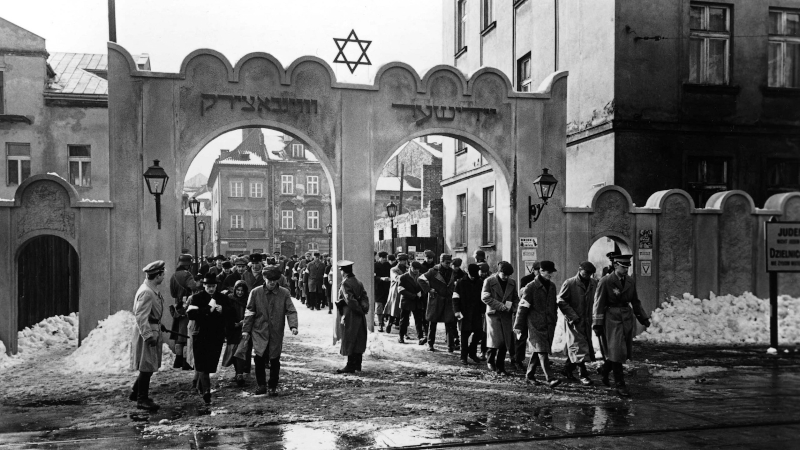
The director perhaps oversteps the mark on a couple of occasions – the scene in which the train containing his women workers arrives not at Schindler’s new factory in Brinnlitz but rather in Auschwitz plays like a nasty surprise in a horror movie, while Schindler’s closing speech to his former employees after peace is declared tugs at the heartstrings just a little too obviously – but these are minor miscalculations in a masterpiece.
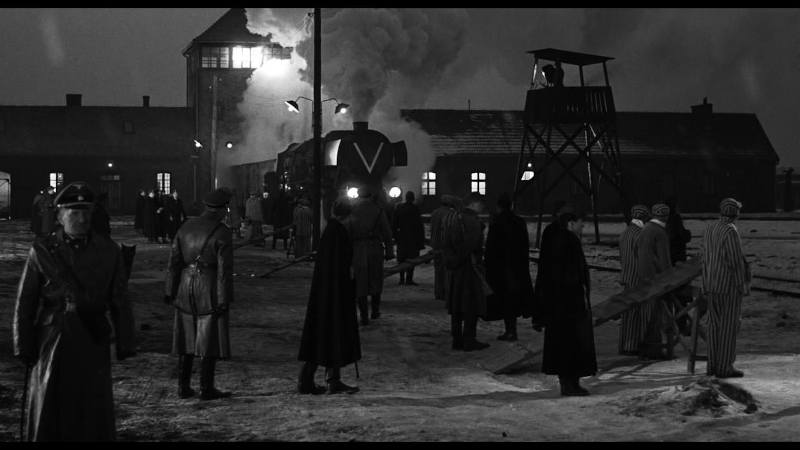
After the war, Schindler’s business ventures returned from greatness to peacetime mediocrity – but, as Spielberg reminds us, his greatness lay elsewhere. A genuinely moving documentary-style, colour coda, all the more impressive for its simplicity, shows the surviving, real life Schindler’s Jews (accompanied by the cast members who played them) file past the great man’s tombstone, each placing one stone upon it until its surface is completely covered. This could so easily have felt overly worthy or tedious, yet Spielberg’s Jewish heritage puts him in such complete sync with the subject matter that the scene proves highly effective.
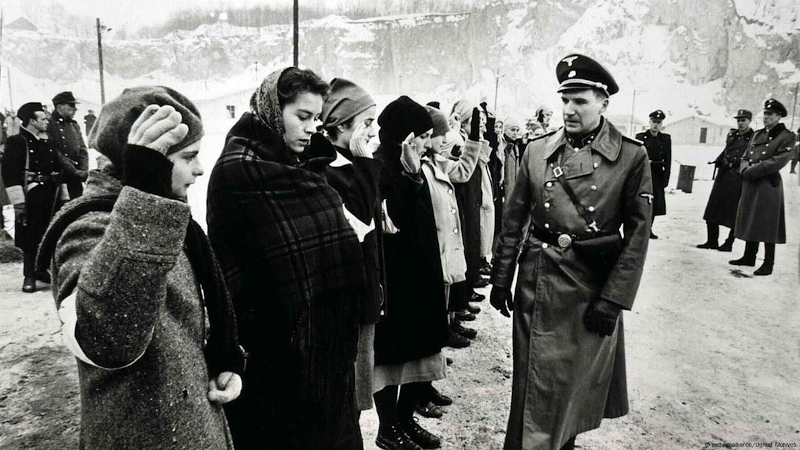
The film finally won Spielberg an Oscar for Best Director, picking up six other Academy Awards in the process.
The vast majority of films that run three hours or more are indulgent and far too long. Schindler’s List is one of the rare exceptions, and I have found myself citing it over the years as a three-hour-long film that absolutely needs to be as long as it is.
Schindler’s List was out in cinemas in the UK on Friday, February 18th 1994.
Trailer (25th anniversary reissue):
Trailer (original):
